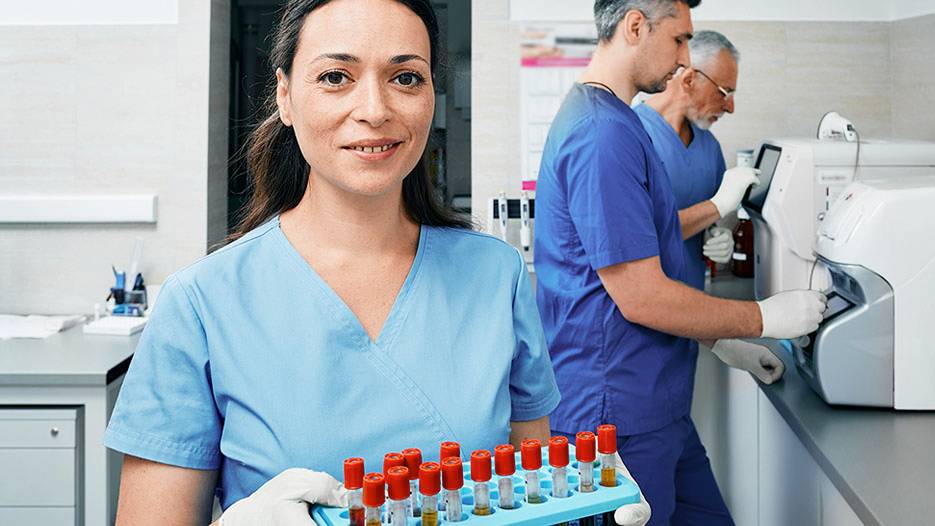Carline Dalgleish
Carline Dalgleish has worked in medical office administration for over 30 years. She holds a bachelor's degree in Business Information Systems, a master's degree in Leadership, and a post-baccalaureate certificate in Health Information Management. She is a Registered Health Information Administrator, and an AHIMA Approved ICD-10-CM/PCS Trainer. Dalgleish is the author of an ICD-10 coding system and owns her own consulting firm, AnnGrant Educational Services.
Sharon L. Blackford
Sharon L. Blackford, MA, BA, RMA, has over 30 years of experience in the medical field. She has a master's degree in Organizational Management, and a bachelor's degree in Business Management and has served as a Registered Medical Assistant since 1994. Sharon was an active-duty Clinical Specialist in the U.S. Army for 10 years. Sharon later moved to the Gulf Coast to accept a position as the Director of Education of Blue Cliff College and was promoted to Campus Director.
Stacey O'Brien
Stacey O'Brien has more than 10 years of experience in medical coding and reimbursement. Ms. O'Brien has been a risk adjustment coder for a Medicare advantage plan, audited medical records for a consulting firm, and currently supervises the coding and electronic claims submission process for a group medical practice. She has a bachelor's degree from the University of Pittsburgh and a CPC coding certification from the AAPC.
Dr. Barry Martin
Dr. Barry Martin has been working in the medical lab for the past 15 years as a certified medical laboratory scientist. Dr. Martin received his doctorate degree from Liberty University, his master's degree from NC A&T State University, and undergraduate degrees from Winston-Salem State University, UNCG, & Lenoir-Rhyne College. Dr. Martin has a vast amount of experience working in the lab and enjoys sharing his knowledge with others.
Dr. Georgia McCauley
Dr. Georgia McCauley has worked as a phlebotomy and medical laboratory science educator for 25 years and has a certified medical laboratory scientist for over 40 years. She earned a PhD and an MBA in Health Care Administration, and undergraduate degrees in business and medical technology.
Dr. Karen Hunter
Karen Hunter holds a PhD and Master of Science in Health Care Administration and undergraduate degrees in Biology and Medical Technology. She has been a certified Medical Technologist for more than 30 years and has over 20 years of experience in Medical Laboratory Science and Phlebotomy education. Highlights of her career include designing and implementing a Medical Laboratory Science program at the Polytechnic of Namibia, Africa and developing Phlebotomy workshops at several Community Colleges.
